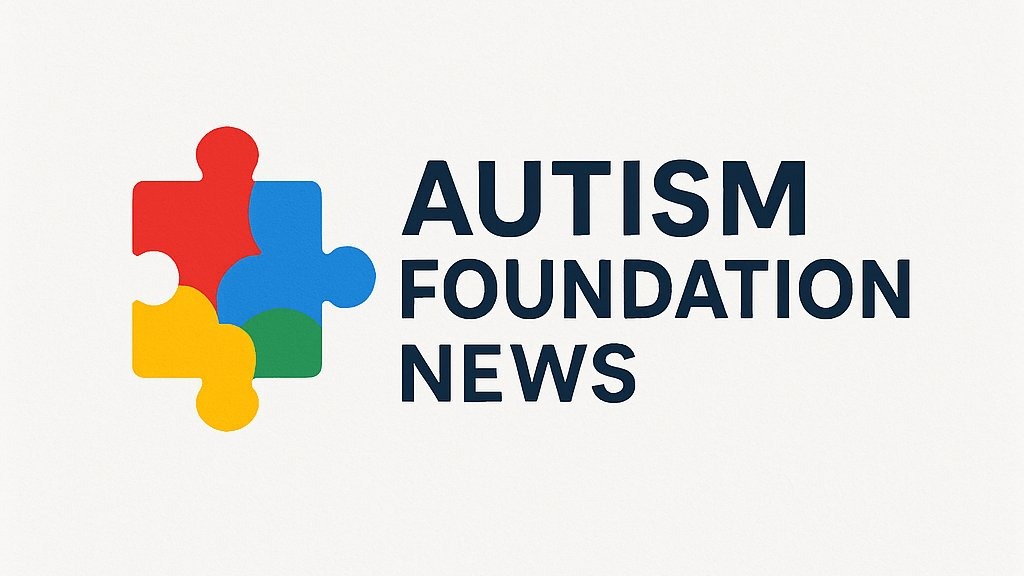
A Deeper Look at the 'About To' Moment
The concept of the "about to" moment hinges on self-awareness and the capacity to pause before acting. In the blink of an eye, individuals can recognize the subtle signals their body sends—tightness in the chest, a flush of heat, or a sinking feeling in the stomach—all indications that an emotional reaction is brewing. Western meditation teacher Joseph Goldstein articulates this moment beautifully, urging us to reset before rushing into decisions. This brief pause allows for critical self-inquiry, encouraging us to ask, “What feeling is driving my urge to react?” or “Will this action contribute to our collective happiness?” Especially for parents, mastering this recognition is essential.
Modeling Mindful Behaviors for Children
When parents become aware of these moments, they forge a unique opportunity to model mindful behavior for their children. During moments of stress—such as a child’s tantrum or messy arts and crafts project—parents often fall into autopilot mode, reacting based on entrenched patterns. This is where the "about to" moment is transformative. If a parent can catch themselves before lashing out, perhaps during a moment of frustration, they can instead choose empathy, a lesson that children internalize.
The Implications of Stress Responses
Research indicates that stressful interactions—like yelling or physical punishment—have lasting implications for children’s emotional health and development. A 2018 study published by renowned institutions found a correlation between spanking three-year-olds and increased aggression levels by age five. This troubling pattern underscores the necessity of employing mindfulness not only for personal well-being but also for fostering a nurturing environment for children. For instance, the American Academy of Pediatrics advocates against spanking, yet a staggering number of families report its use, indicating a cultural disconnect. By embracing the "about to" moment, parents can consciously redirect harmful patterns into constructive parenting.
Building Character Through Self-Reflection
Self-reflection is an integral part of mindful parenting. It's not merely about correcting behavior but rather about cultivating a richer understanding of oneself and one's aspirations as a parent. Dr. Bruce Perry elucidates that early nurturing experiences result in a child's brain wired for compassion, while harsh environments yield adverse developmental outcomes. Thus, during these "about to" moments, parents should also consider the long-term impact of their actions. Will choosing to respond with kindness today pave the way for a more empathetic adult tomorrow? Being thoughtful here can improve both personal satisfaction and the emotional landscapes of the next generation.
Practical Steps for Embracing the 'About To' Moment
Incorporating the "about to" reflex into daily parenting requires practice and intention. Here are a few steps to facilitate this learning process:
- Pause and Breathe: Prioritize awareness by recognizing physiological cues of stress. Take deep breaths before responding to activate your prefrontal cortex, enhancing your capacity for rational decision-making.
- Reflect on Your Triggers: Identifying personal emotional triggers can empower parents to sidestep automatic reactions. Whether it’s a child’s defiance or messiness, understanding your responses helps in choosing a more mindful reaction.
- Engage with Empathy: Whenever a conflict arises, ask yourself how your child perceives the situation. Strive to respond in a manner that respects their feelings, ensuring your actions reflect the parent you aspire to be.
Creating an Environment of Compassion
The ripple effects of practicing mindfulness in these "about to" moments reach beyond individual families. When parents choose awareness and reflection, they inadvertently strengthen societal bonds, fostering communities characterized by empathy and understanding. As parents create spaces where they model emotional regulation and conscious responses, their children grow up equipped with these essential skills, consequently becoming agents for positive change.
In conclusion, the "about to" moment is pivotal in personal and societal building blocks. Recognizing it not only benefits parenting dynamics but enriches the very fabric of our communities. As Joseph Goldstein reminds us, these are moments to act—but with mindfulness, ensuring our responses are both intentional and nurturing. Start practicing today—pause, breathe, reflect, and actively choose how you respond in those crucial moments.
To delve deeper into mindfulness in parenting, explore resources that offer practical advice and mindfulness techniques. Seek out communities or workshops focused on mindful practices for enriched parenting strategies and shared experiences.
 Add Row
Add Row  Add
Add 




Write A Comment